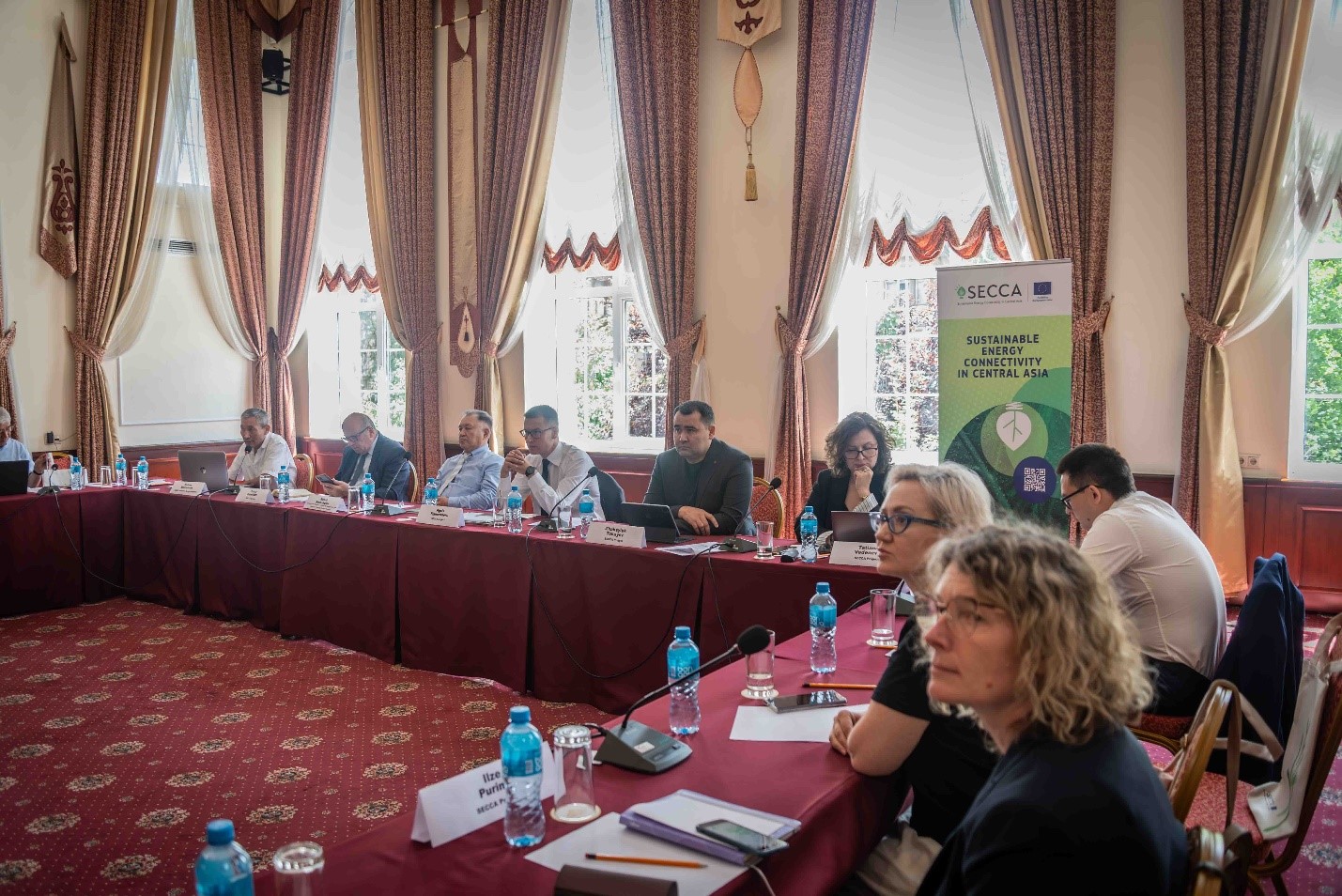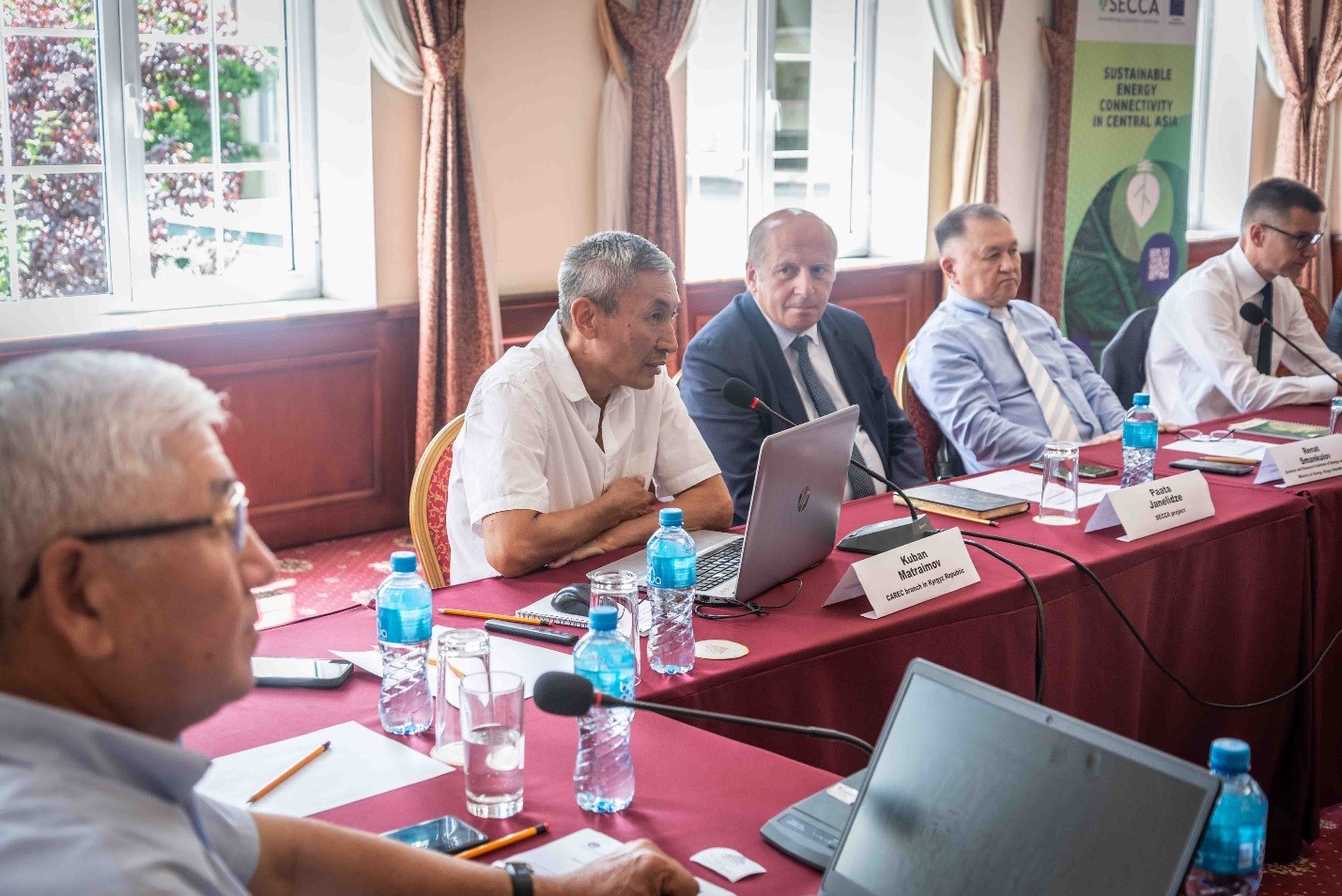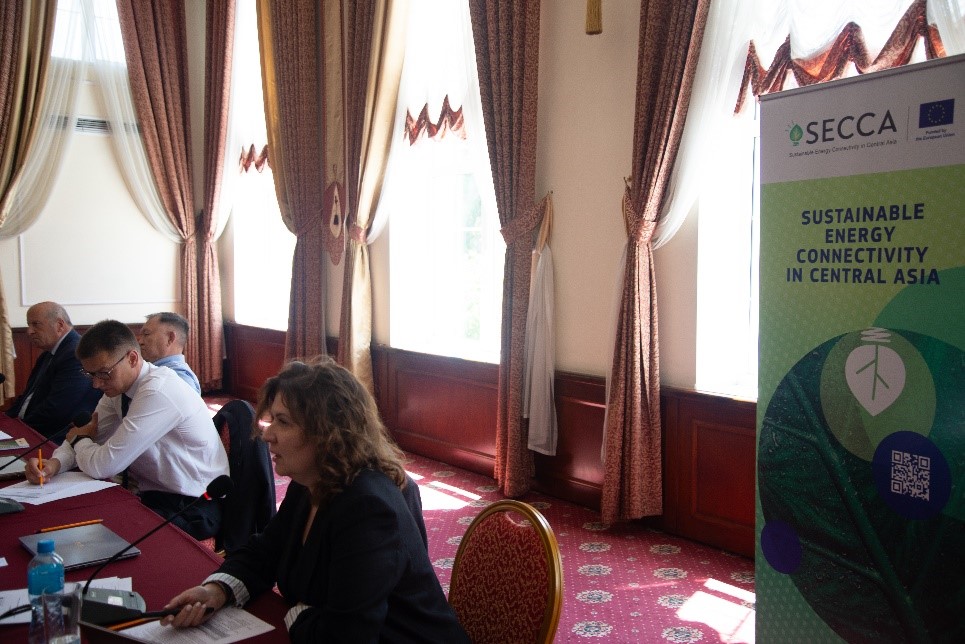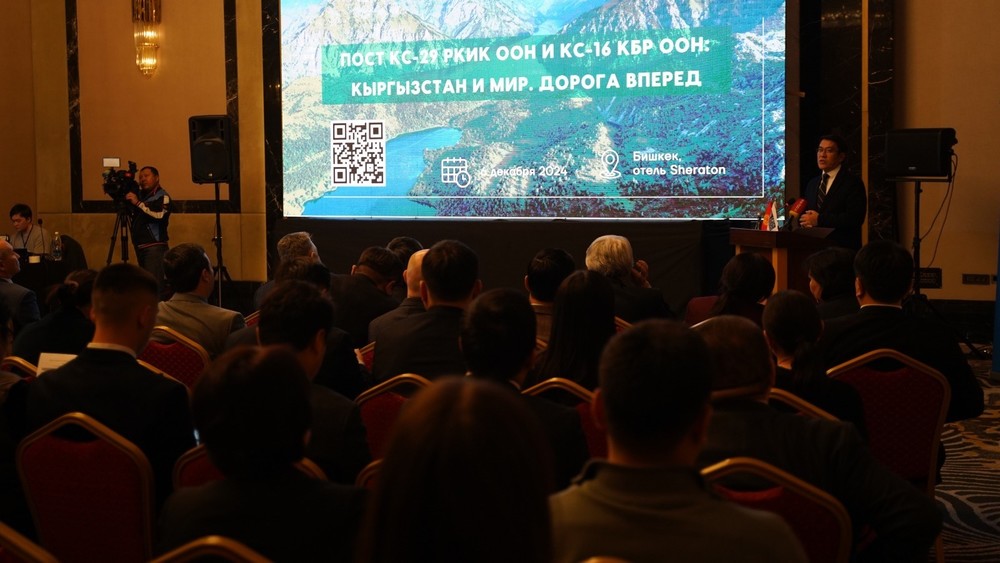In Bishkek, Kyrgyzstan, the experience of using biomass for the production of energy, biogas and biofuel in Latvia, Moldova, Ukraine and Kazakhstan was presented at the rround table “Assessment of biomass potential for the Kyrgyz Republic”. This event was held with the support of the Ministry of Energy of the Kyrgyz Republic within the framework of the regional project “Sustainable energy Connectivity in Central Asia ” funded by the European Union.
An EU project is supporting the assessment of the potential of biomass for energy production in Central Asian (CA) countries. To this end, SECCA experts have developed:
· Methodology for the comprehensive assessment of the potential of (i.a) Solid biomass (agricultural residues, wood biomass, energy crops); (i.b) Biofuels (biodiesel, bioethanol); and (i.c) Biogas/biomethane from different types of feedstock;
· Concept for improving technologies for processing biomass to energy, biogas and liquid biofuels in CA countries;
· Detailed assessment of theoretical, technical and economically feasible biomass potential for Kyrgyzstan and rough assessments for Kazakhstan and Uzbekistan.

At the round table, SECCA experts presented the experience of using biomass for the production of energy, biogas and biofuel in Latvia, Moldova, Ukraine and Kazakhstan. Particular attention is paid to the results of assessing the biomass potential for Kyrgyzstan.
The CAREC branch was invited to this Round Table to present the results of the 2nd National Forest Inventory of Kyrgyzstan, especially the results on the biomass of forests, shrubs and the amount of absorbed CO2. Branch director Kuban Matraimov presented the results of NFI #2.
The potential of forests to absorb CO2, their biomass is important not only for the compilation of national reports on forests, but also for the development of bioenergy, the livelihoods of citizens, which are used for fuel and construction.

As a result of the Round Table, SECCA project experts received information about the potential for the development of bioenergy in Kyrgyzstan, as part of renewable energy sources.
Tatayana Vedeneva, director of the Center for the Development of Renewable Energy in Kyrgyzstan, presented a methodology for assessing the potential of bioresources, experience in the development of bioenergy in Kyrgyzstan, especially biogas plants, used mainly by livestock farms.

Additional information:
Kuban Matraimov, Director of CAREC Country Office for Kyrgyzstan, kmatraimov@carececo.org



